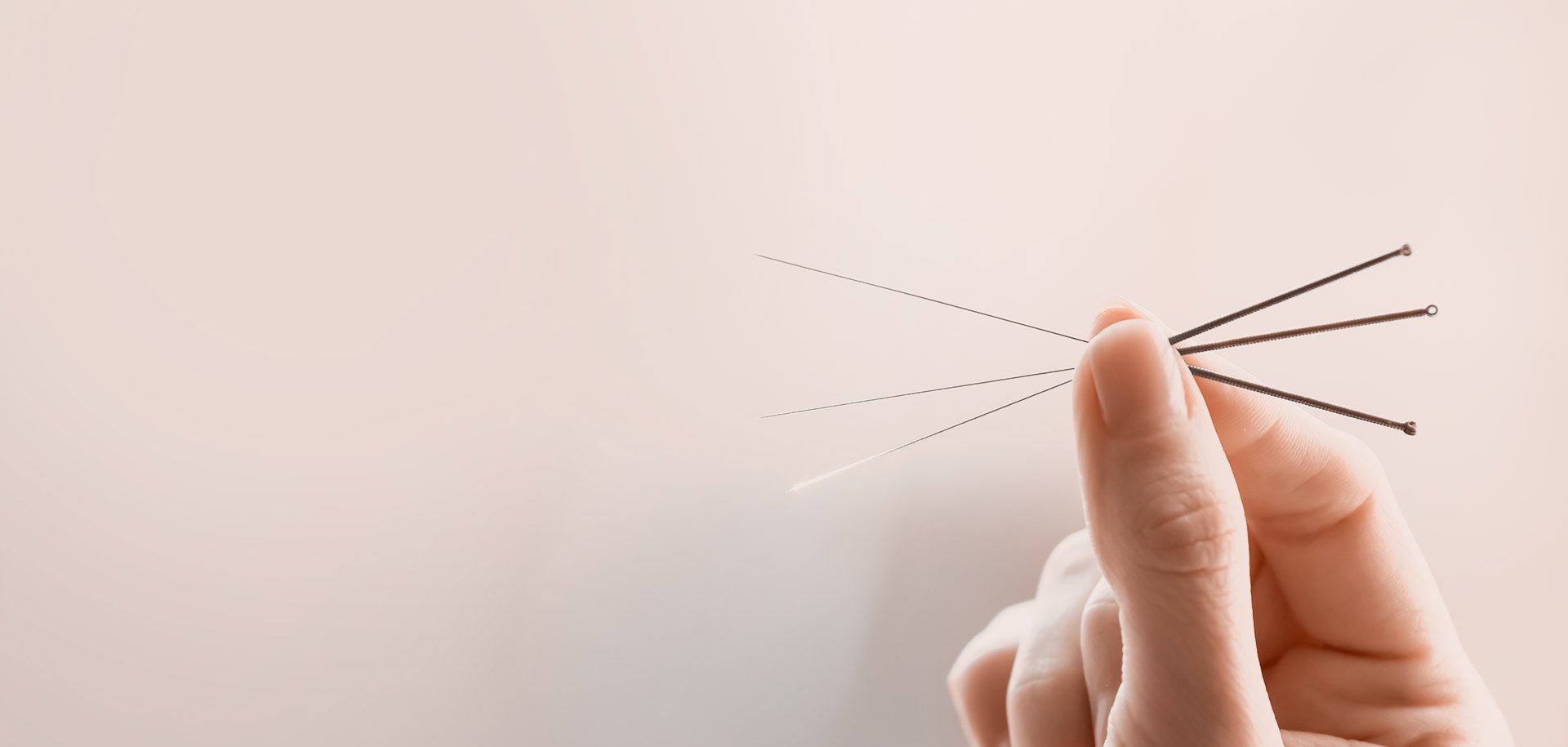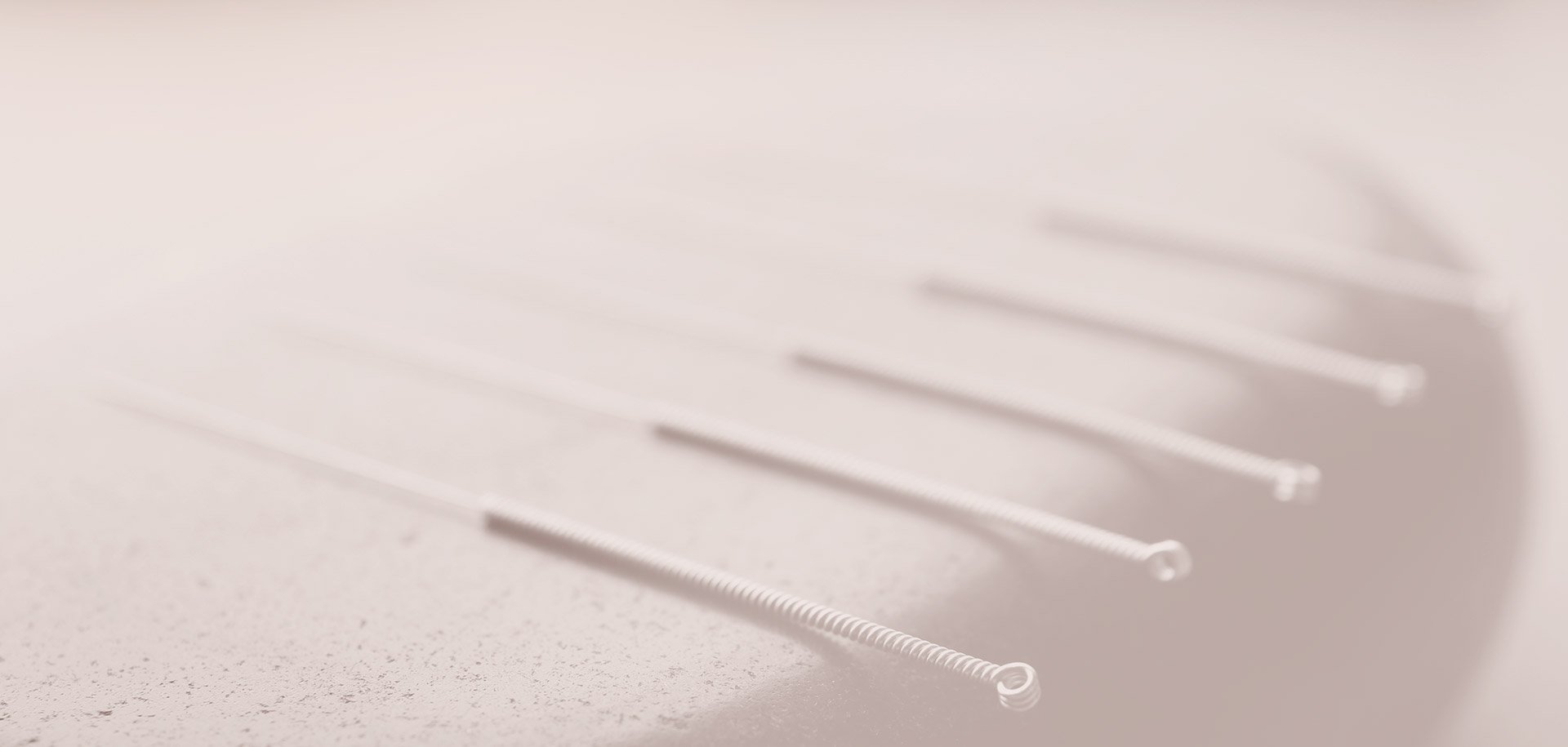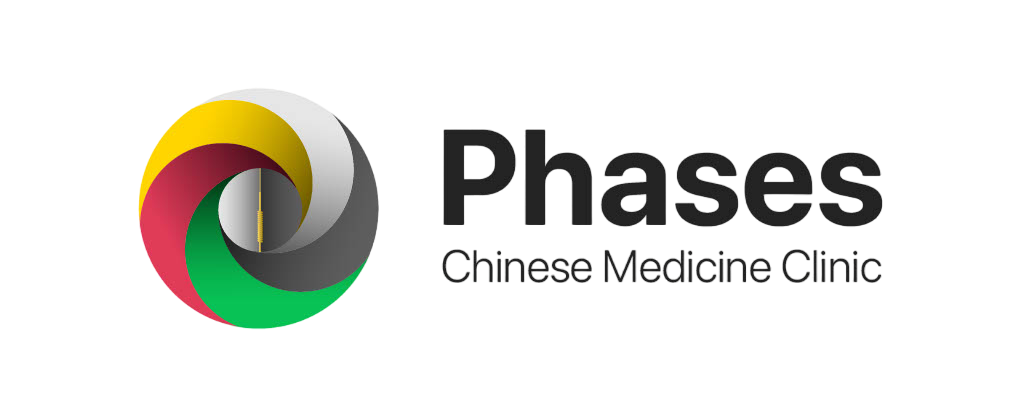Acupuncture for TMJ: A Comprehensive Overview
Temporomandibular Joint (TMJ) disorders can be incredibly challenging, often causing pain, restricted movement, and discomfort in the jaw area. Many individuals seek alternative treatments to complement or even replace conventional therapies, and one such promising option is acupuncture. This ancient Chinese practice has garnered significant attention in recent years for its potential in alleviating TMJ-related symptoms. In this article, we explore the principles behind acupuncture for TMJ, its benefits, treatment methodologies, and what patients might expect during a session.
Understanding TMJ Disorders
TMJ disorders affect the joint connecting the jawbone to the skull. Symptoms can include pain in the jaw, difficulty chewing, clicking or popping sounds, and even headaches. These issues can result from various causes such as stress, misalignment, arthritis, or trauma. Conventional treatment methods range from physical therapy and medication to, in more severe cases, surgical interventions. However, the multifactorial nature of TMJ disorders often encourages patients to explore complementary therapies that can address both the physical and emotional aspects of pain.
The Role of Acupuncture
Acupuncture is a key component of Traditional Chinese Medicine (TCM) and involves the insertion of very thin needles at specific points on the body. These points correspond to energy channels, or meridians, which are believed to regulate the body’s energy flow. By stimulating these points, acupuncture aims to restore balance, reduce inflammation, and promote natural healing processes. For individuals suffering from TMJ disorders, acupuncture is thought to help alleviate muscle tension, improve blood circulation, and reduce pain signals, thereby offering a holistic approach to pain management.
Benefits of Acupuncture for TMJ
One of the primary advantages of acupuncture is its non-invasive nature. Unlike surgery or long-term medication use, acupuncture treatments are generally considered safe with minimal side effects. Patients often report a reduction in pain intensity, improved jaw mobility, and decreased frequency of headaches after several sessions. Additionally, acupuncture can help manage stress and anxiety, which are common contributors to TMJ flare-ups. The integration of mind-body techniques in acupuncture makes it a valuable therapy for addressing both the physical symptoms and the emotional stressors that exacerbate TMJ disorders.
Research has shown that acupuncture may release endorphins, the body’s natural pain-relieving chemicals, while also reducing inflammation in the affected areas. This dual action not only mitigates the discomfort associated with TMJ disorders but also supports overall wellbeing. As a result, many patients turn to acupuncture as part of a broader integrative treatment plan. The method can be used in conjunction with other therapeutic approaches such as physical therapy, dental adjustments, or medication management to enhance treatment outcomes.
What to Expect During an Acupuncture Session
For those new to acupuncture, the idea of needles may seem daunting. However, most patients describe the experience as relaxing and often report minimal discomfort during needle insertion. A typical session for TMJ treatment begins with a detailed consultation to assess the patient's specific symptoms and medical history. The acupuncturist then identifies key points along the meridians associated with jaw function and pain relief.
During the session, the practitioner carefully inserts fine needles into these points, leaving them in place for approximately 20 to 30 minutes. Many patients find that the process induces a state of deep relaxation, sometimes even falling asleep during the treatment. Sessions are typically scheduled once or twice a week, with a series of treatments recommended to achieve optimal results.
Integrating Acupuncture into a Holistic Treatment Plan
The effectiveness of acupuncture for TMJ disorders is often enhanced when combined with other treatment modalities. Patients are encouraged to adopt lifestyle changes, including stress management techniques such as yoga, meditation, or physical therapy exercises specifically designed to strengthen the jaw muscles. Many clinics that specialize in acupuncture also offer comprehensive wellness programs that address nutrition, posture, and overall body mechanics, providing a more integrated approach to healing.
For those interested in exploring acupuncture as a treatment option for TMJ, reputable centers such as Phases Medical Centre offer experienced practitioners and personalized treatment plans. These centers are dedicated to providing high-quality care, ensuring that each patient receives a therapy regimen tailored to their unique condition.
Conclusion
Acupuncture for TMJ offers a promising alternative or complementary approach to managing the symptoms of TMJ disorders. By targeting the underlying issues of pain and muscle tension, acupuncture not only helps alleviate discomfort but also enhances the overall quality of life for patients. While individual results may vary, many find that regular acupuncture sessions contribute significantly to reducing the chronic pain and stress associated with TMJ disorders. With a growing body of research supporting its benefits and minimal risks involved, acupuncture stands as a valuable option for those seeking a natural, holistic method to manage their TMJ symptoms.
Ultimately, the decision to pursue acupuncture should be made in consultation with a healthcare professional, taking into account the severity of symptoms and the individual’s overall treatment plan. As more patients turn to integrative therapies to manage complex conditions like TMJ disorders, acupuncture continues to gain recognition as a safe and effective treatment option. Whether used as a standalone therapy or as part of a broader treatment strategy, acupuncture offers hope and relief to many struggling with TMJ-related pain.


